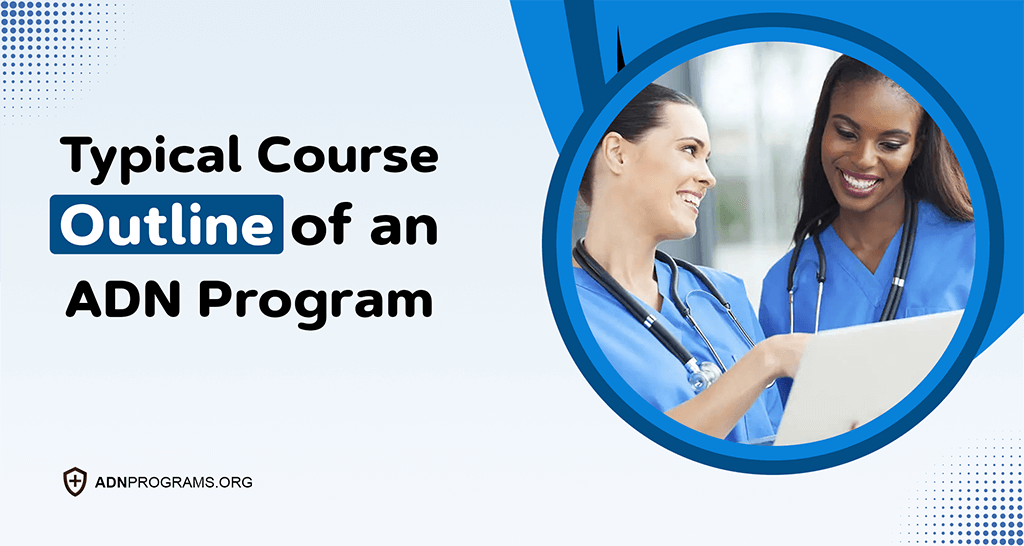
Like many aspiring nurses, you may have decided to earn your associate degree in nursing (ADN) to get on the fast track to an exciting career as an RN. Although you can earn an ADN more quickly than you can a bachelor of science in nursing, or BSN, the training is still intense and involved. Read on below to learn what to expect when it comes to course outlines for ADN programs.
Key Skills to Develop During ADN Training
ADN programs revolve around courses that are designed to help you develop and hone crucial nursing skills. Contrary to popular belief, much more goes into a typical ADN curriculum than memorizing a bunch of medical terms. During the course of your training, you will work on developing skills in communication, organization, and critical thinking. You will also learn about the importance of having empathy toward patients and in paying close attention to detail.
Prerequisite Courses
Most ADN programs require incoming students to have completed studies in several basic subjects. If you have attended community college or other post-secondary schooling, you will most likely receive credit for most of the required prerequisites. Typical subjects include computer literacy, social studies, sociology, English writing, and basic algebra. Most programs require incoming students to have earned a C average or higher in prerequisite courses.
ADN Program Courses
ADN programs incorporate classroom lectures, labs, and clinical learning experiences into their curricula. You can expect to study the following ADN subjects during your training:
- Microbiology - In this subject, you will learn about microbes and how to protect against them while working as a nurse. Through lectures and lab exercises, you will be taught the fundamentals of effective sterilization and disinfection, including how to properly disinfect medical equipment and instruments.
- Anatomy and Physiology - In some programs, anatomy and physiology are two distinct subjects. In most cases, however, they are rolled into one. For the anatomy portion, you will learn to identify and locate every part of the human body, including muscles, bones, and organs. The physiology portion focuses on how various systems in the body function and work together.
- Pharmacology - ADN candidates are required to study pharmacology. Pharmacology focuses on the identification and proper use of commonly prescribed medications. You will also learn about standard doses of such medications and the most common side effects that they cause. This knowledge will come in handy while working as an RN, as you will be able to counsel and educate patients about the medications they use.
- Nursing Principles - Subjects that fall into the nursing principles category focus on the proper administration of various healthcare techniques. Through the subjects, you will learn how to take and measure vital signs and how to perform physical assessments of patients. Many times, these types of subjects also cover medical ethics and other issues that are uniquely concerning to nurses and other healthcare professionals.
- Psychology - ADN candidates are often surprised to learn that they must study psychology to earn their degrees. You don't have to be embarking on a career in mental health nursing to benefit from this type of education. In ADN training programs, psychology typically focuses on human behavior as it relates to healthcare settings. You will learn how to work effectively with patients and colleagues as well as how to protect your own mental health in a challenging career.
Clinical Experiences
Accredited ADN programs are designed to prepare students for the NCLEX-RN licensing exam, which is comprised of a written section and a clinical skills section. To prepare you for the latter, and for effectively caring for patients, your training will include clinical experiences at local healthcare facilities. Many programs refer to this coursework as "Nursing Practices" or something similar. In some programs, you complete separate sections for things like maternity nursing, emergency nursing, and pediatric nursing. In others, all subjects are grouped together.
Given the broad array of courses that you must complete to earn an ADN, it is easy to see why such programs are considered intense. You can expect to complete your training in two years.



